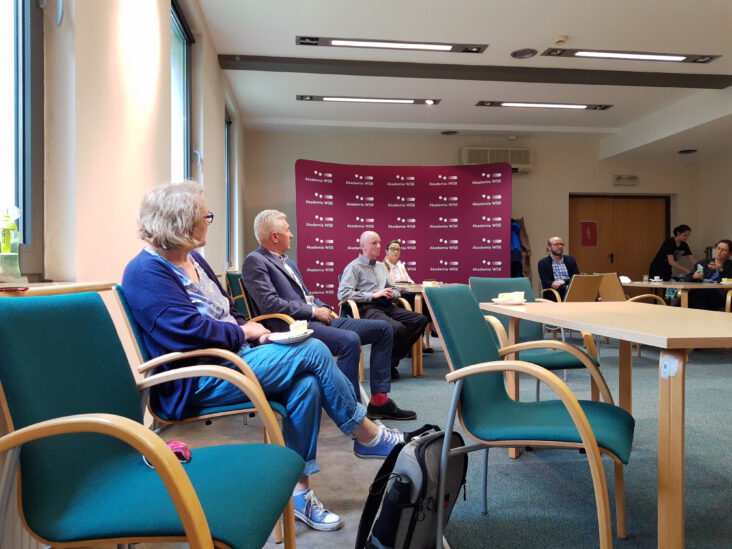Report of research conducted with traditional manufacturers to define the key competences of university graduates entering the labor market, with particular emphasis on the post-pandemic reality.

The main aim of the study conducted on a group of traditional manufacturers was to identify the competence areas of the company’s employees, which, according to the respondents, should be increased and contribute to the further development of the company. Enterprises evaluate their competence resources as high and satisfactory. It is clearly visible that the identified competency deficits in all analyzed areas are limited to single specific competencies, the lack of which is strongly felt. It should be noted that the obtained results are difficult to interpret due to two circumstances:
- a limited number of respondents;
- specific way of responding to individual questions: we observe a clear and high correlation between the answers to separate questions about the most important skills, the strengths of organization in terms of these skills and the most important skills in the perspective of 3-5 years, in each of the individual competence areas.
In addition to the survey, on June 17, 2020, at the premises of Cieszyn Castle, a workshop with traditional manufactureres was conducted, in which the following companies participated: Dinksy design studio, Croma Bakery, Foundation: Być Razem (brand: Well Done), ZPH Roman Pilch, Ceramic pattern manufacture Kosak, 3 Soft S.A.
However, based on the study, several synthetic conclusions appeared:
- There is a deficit in the field of advanced logistics among the technical skills.
- Among the digital skills there is a deficit in the field of cloud computing, the importance of which will increase in the next 3-5 years.
- Among the skills in the field of design there is a deficit in the field of design research.
- Among green skills there is a deficit in the field of advanced and ecological materials. In addition, the respondents predict an increase in the importance of skills in the field of energy efficiency and pollution control in the next 3-5 years.
- There is a deficit in the field of communication and time management among soft skills. Additionally, the importance of both skills will increase in the next 3-5 years. Great attention is paid to the ability to work in a group, independence, responsibility and self-organization.
- Manufacturers believe that, from their perspective, soft skills are the most important area of the desired development of their organization.
- The surveyed companies definitely prefer training methods such as: on-site training, mixed method and traditional training in small groups.
Feel free to watch the short film summarizing the workshop with entrepreneurs here.
Some results of the Polish part of the Intride project were presented during the international conference on Territorial and Inter-Organizational Cooperation’ 2020. The conference took place on 23-24.09.2020 in Brenna, Poland, organized by WSB University and addressed to researchers and practitioners, dealing with different aspects of territorial and inter-organizational cooperation in the context of local, regional and international dimension.
Lubomira Trojan from Zamek Cieszyn, which is the Intride project partner, together with Ewa Szkudlarek, presented selected aspects of the research made in the frames of Intride WP3. She focused on the problem of the employee’s soft skills which are expected by SME during the COVID-19 pandemic. The presentation will be followed by the publication on the same topic.
